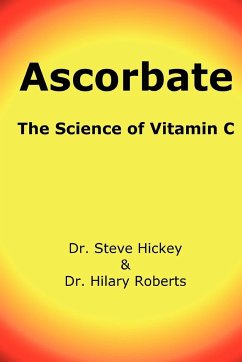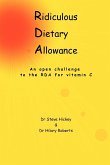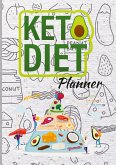The relationship between vitamin C and health is controversial. Double Nobel Prize winner, Linus Pauling, argued that ascorbate could prevent or cure heart disease, stroke, cancer and infections. Conventional experts disagreed, disparaging supplements in favour of fruits and vegetables. This book presents a new model, describing the action of vitamin C in health and disease. It demonstrates conclusively that the establishment has misinterpreted the evidence, potentially resulting in epidemic levels of avoidable disease. The dynamic flow model explains the current results and points the way for future experiments. Vitamin C supplementation could eradicate many diseases. In pharmacological doses, it could cure the major killers of the industrialised world. Failure to test these ideas may condemn countless people to chronic illness and premature death.
Hinweis: Dieser Artikel kann nur an eine deutsche Lieferadresse ausgeliefert werden.
Hinweis: Dieser Artikel kann nur an eine deutsche Lieferadresse ausgeliefert werden.








